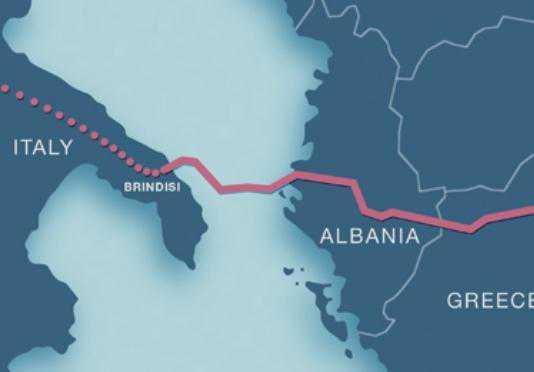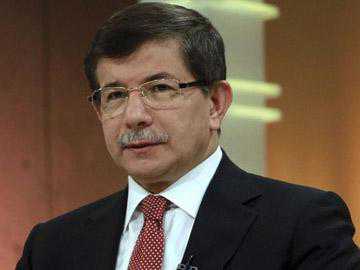
Gulnara Inandzh, Director of Information and Analytical Center Etnoglobus (ethnoglobus.az), editor of Russian section of Turkishnews American-Turkish Resource website www.turkishnews.com , [email protected]
İnterview of ambassador of Greece in Azerbaijan İoannis Metaxas exsclusive for “New Baku post`
-What is the current situation in Greece with overcoming the crisis?
-As you know, after the recent general elections, which took place inthe 17th of June 2012, a new Greek coalition government was established and took power. Three parties are participating to this government, assuring it a comfortable parliamentary majority. The new government set as a priority to undertake all necessary measures, in order to face the crisis, implement all commitments assumed by previous governments and bring the national economy back to growth. This task is difficult, in view both of the recession in Greece and the unfavorable economic conditions in the Euroarea and the rest of the world. However, efforts have already started, fight of tax evasion is on the top of the government agenda, some new reforms of the public sector are already under implementation and the Agricultural Bank of Greecewas already privatized. These are positive steps, which allow any goodwill observer to understand that the new Greek government is firmly committed to implement a mix of policies that would maintain Greece within the Euroarea and bring the economy back to growth. Consequently, I cannot but be optimistic for the future.
-What are the political relations between two countries? Are there any visits expected?
-Political relations are very good. In 2009 President Aliyev visited officiallyGreeceand in 2011 Greek President Papoulias paid also an official visit toBaku. A lot of Ministers visited both capitals during the last years. A lot of agreements are already signed and implemented. Four Greek – Azerbaijani business fora took already place in both capitals. Earlier this year, we both celebrated the twentieth anniversary from the conclusion of bilateral diplomatic relations. However, at this moment, having as I said a new Greek government in power, I am unable to foresee any visit in the near future.
-What are the current relations in the field of trade?
-In 2011, exports fromGreecetoAzerbaijanamounted to 11,02 mln USD whereas exports ofAzerbaijantoGreeceamounted to 161,92 mln USD. I hope that this year we will register even better results. We also attribute attention in attracting high quality Azerbaijani tourists and I want to underline thatGreececontinues to be a top and safe world tourist destination.

-What are the possibilities of mutual investments for businessmen of two countries?
-A lot of sectors can be considered attractive for Azerbaijani investors inGreece. The real estate and the tourist sectors are the most interesting at this moment. I also believe that the energy sector can offer some possibilities for people looking to long term investment. Good prices, skillful personnel and favorable life standards allow us to say that, despite the crisis,Greeceis an attractive place for investors.
-What is the position of Greece on the TAP project?
-The TAP project includes Greece in its design. Consequently, if the TAP project is selected by the Shah Deniz consortium, Azerbaijan and Greece will become important partners, as far as export of Azerbaijani gas to Europeis concerned. It will certainly be a great step forward for both countries’ relationship. It will bring us closer and will boost bilateral economic cooperation.
sourse – http://bakupost.az/iqtisadiyyat/20120922050944801.html





